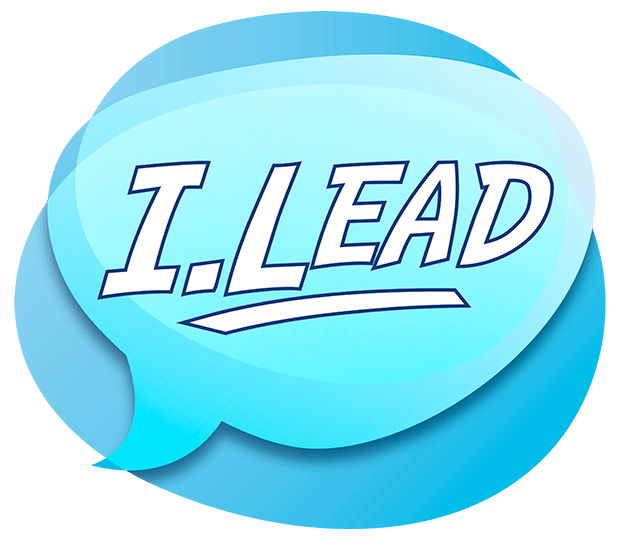The webinar begins with an I.Lead conference 2024 logo and underneath it says Report Card Webinar: Health, Amy appears on screen with a blue background behind her and beings speaking.
Amy Speaking:
“Kia ora, my name is Amy, and I am the Chair of the National I.Lead Committee. Today I will be presenting to you the Health Report Card from the I.Lead 2024 Conference. As an invisibly disabled person with multiple chronic illnesses, breaking down the barriers that we face when accessing healthcare is extremely important to me. From a young age, I experienced what it felt like to have my healthcare concerns dismissed by professionals. A third of the young disabled people that attended the I.Lead 2024 Conference felt they had no say in their healthcare. Only 40% of the attendees felt that they had full control regarding their own healthcare needs. While this is a shocking statistic, young disabled people are full of ideas and recommendations for what we can to fix this. After all, disabled youth know more about what is needed to fulfil their own health needs than anybody else.
Our first recommendation is to establish scholarships, internships, and work experience programs for disabled youth to allow more disabled youth to become employed within the health sector. Many disabled youth wish to work within the health sector. We want equity of access and the ability to see people who have the same challenge as you, who represent us and work with us on our health issues and concerns.
Our second recommendation is to investigate medication access so that we can access new medications quickly and have specialised medication funded for us. Research shows that when it comes to funding new medicines and treatments, New Zealand is far behind other countries such as Australia. When we have access to medication that keeps us well and out of pain, we can do work, go to school and get a job. This gives us the opportunity to live independently. The current system limits our choice and control of our own healthcare.
Our final recommendation is to implement the development of training for the health sector, on how to communicate with disabled people. For many young disabled people, it is standard practice for health professionals and care staff to talk over us, speaking to our parents or caregivers instead of directly to us. Regarding the design and facilitation of these training programs, it needs to be ensured that young disabled people are included. How our healthcare staff communicate with us is extremely important, whether we have communication difficulties or are feeling invalidated by our doctors.

Recommendation #1
Establish scholarships, internships, and work experience programmes for disabled youth to allow more disabled youth to become employed within the health sector.
We want to work in the health sector and make positive change for everyone. We want equity of access and the ability to see people who have the same challenges as us, who represent and work with us on our health issues and concerns.
Roadblocks:
For this recommendation to be actioned, only for us to only be offered opportunities within the disabilities adjacent areas of health.
Enablers:
We feel that out of all the sectors that we could become employed in or access opportunities in, this would be the most understanding and accessible.
Recommendation #2
Investigate medication access so that we can access new medications quickly and have specialised medications funded for us.
When we have access to medications that keeps us well and out of pain, we can do work, go to school, and get a job. This gives us the opportunity to live independently. The current system limits our choice and control of our own healthcare.
Roadblocks:
Internal government systems and process may block the ability to develop a new method to support this action.
Enablers:
Using Co-design with young people and others to design how we could better access medication and give healthcare a truer understanding of the true needs.
Recommendation #3
Development of training for the health sector on how to communicate with disabled people.
For us young people (up to the age of 27) it is standard practice for health professionals and care staff to talk over us and speak to our parents or caregivers instead of directly to us. Initiatives such as “I am Not a Tick Box” are youth-led, immersive experiences that enable health professionals to experience the impacts of the way they work with disabled youth.
Roadblocks:
Ensure that any training includes us, don’t just go to the same people every time.
Enablers:
Delivery of “I am Not a Tick Box” health workshops with health professionals will give health professionals a human-centred-view of the lives of disabled young people.
